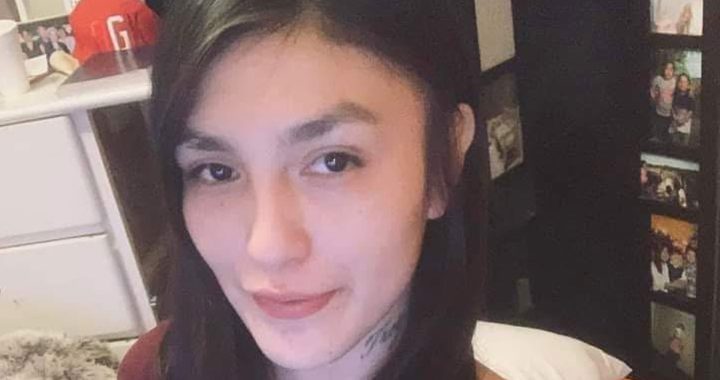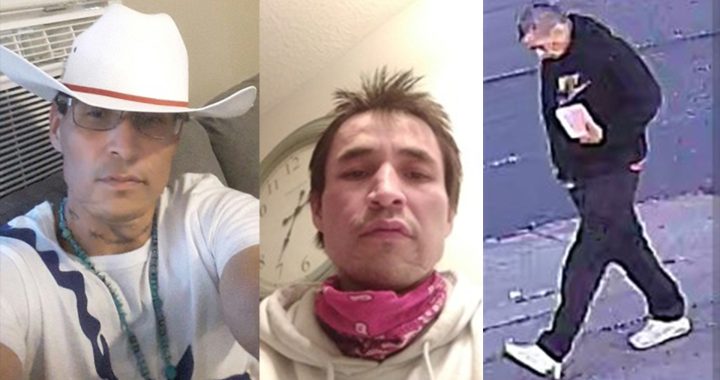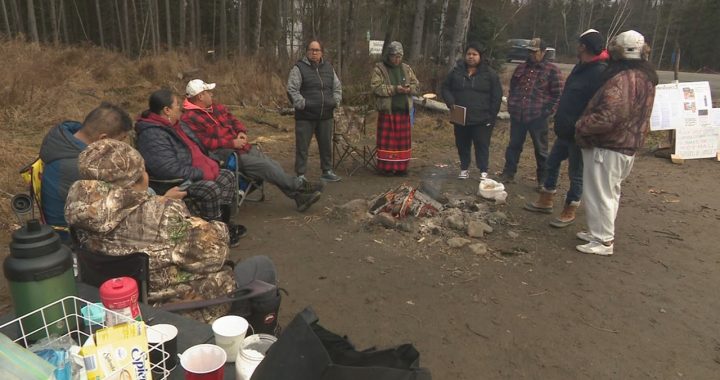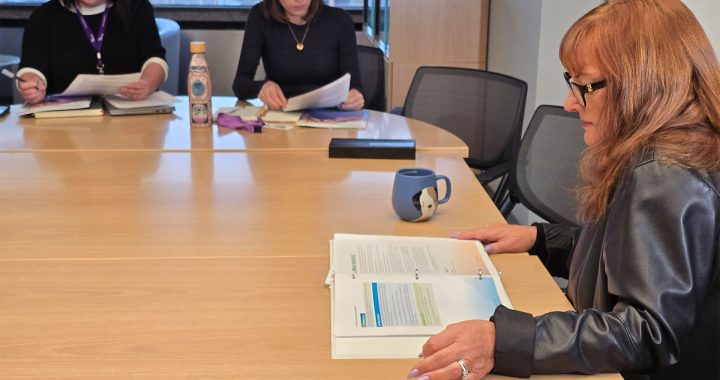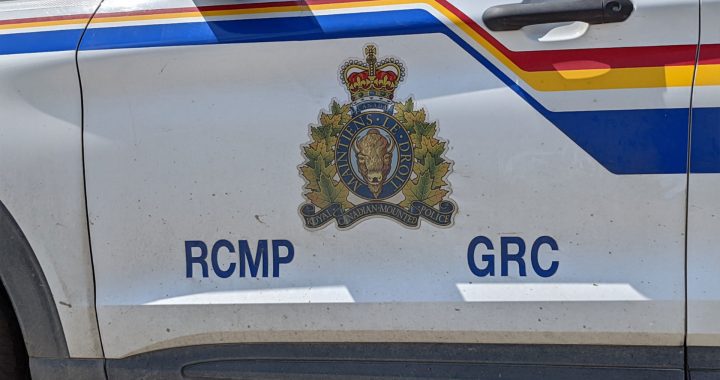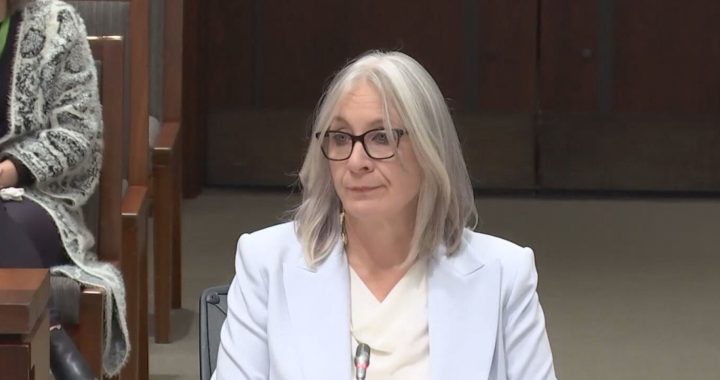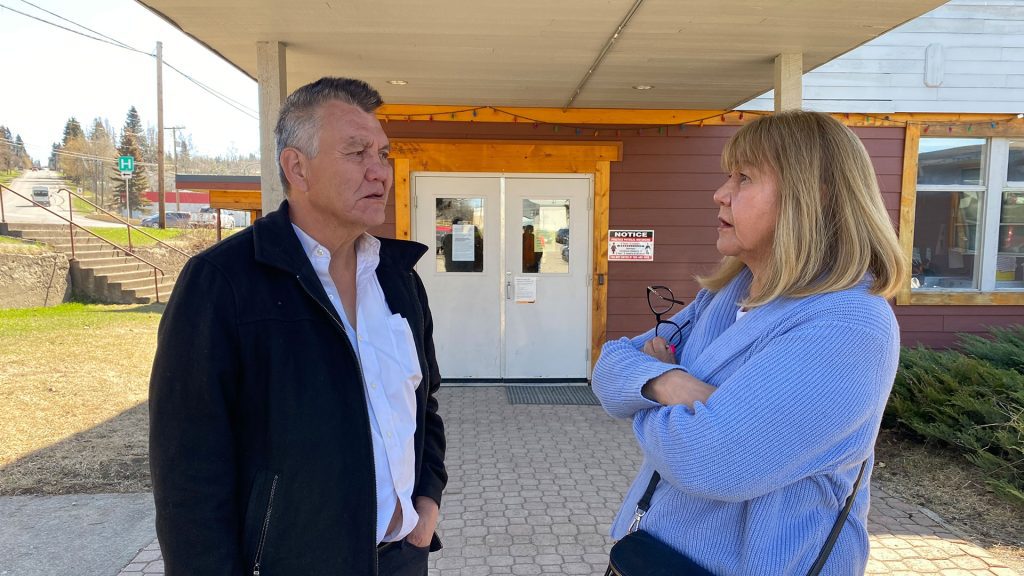
Day school survivor Richard Perry and his sister Myrtle Perry outside the Canadian Human Rights Tribunal in Burns Lake, B.C. Photo: Kathleen Martens/APTN News
This story contains disturbing allegations of child physical abuse. First Nations, Inuit and Métis seeking immediate emotional support can contact the Hope for Wellness Help Line toll-free at 1-855-242-3310, or by online chat at hopeforwellness.ca.
Lawyers for the RCMP and Canadian Human Rights Commission took a close look at Richard Perry’s head Tuesday.
They wanted to see the physical scars he testified were inflicted by repeated beatings at the Catholic-run Immaculata day school in Burns Lake, a village west of Prince George in northern B.C.
Perry recalled a particularly nasty attack by a nun with a ruler while he alleged he was being held down by a male teacher.
“He was a muscle guy,” he said of the man who can only be referred to as A.B. under two publication bans imposed at the hearing.
“Sometimes I can’t see the words too well. I was hit on the head all the time with a ruler.”
Human rights
Perry is one of 24 witnesses scheduled to testify before a Canadian Human Rights Tribunal in Burns Lake from May 1-12.
The hearing was requested by the commission in 2020 after it sided with Perry and other survivors who alleged the Prince George RCMP demonstrated anti-Indigenous bias while investigating historical physical abuse claims against A.B.
The RCMP closed their investigation without charges in 2013.
Perry, a member of Lake Babine First Nation, has previously said he suffered permanent brain damage from the abuse inflicted at the school he was forced to attend in the late 1960s and early ’70s.
The school that closed in 1986 was part of a 100-year long federal system aimed at assimilating Indigenous peoples into western society under instruction by religious groups.
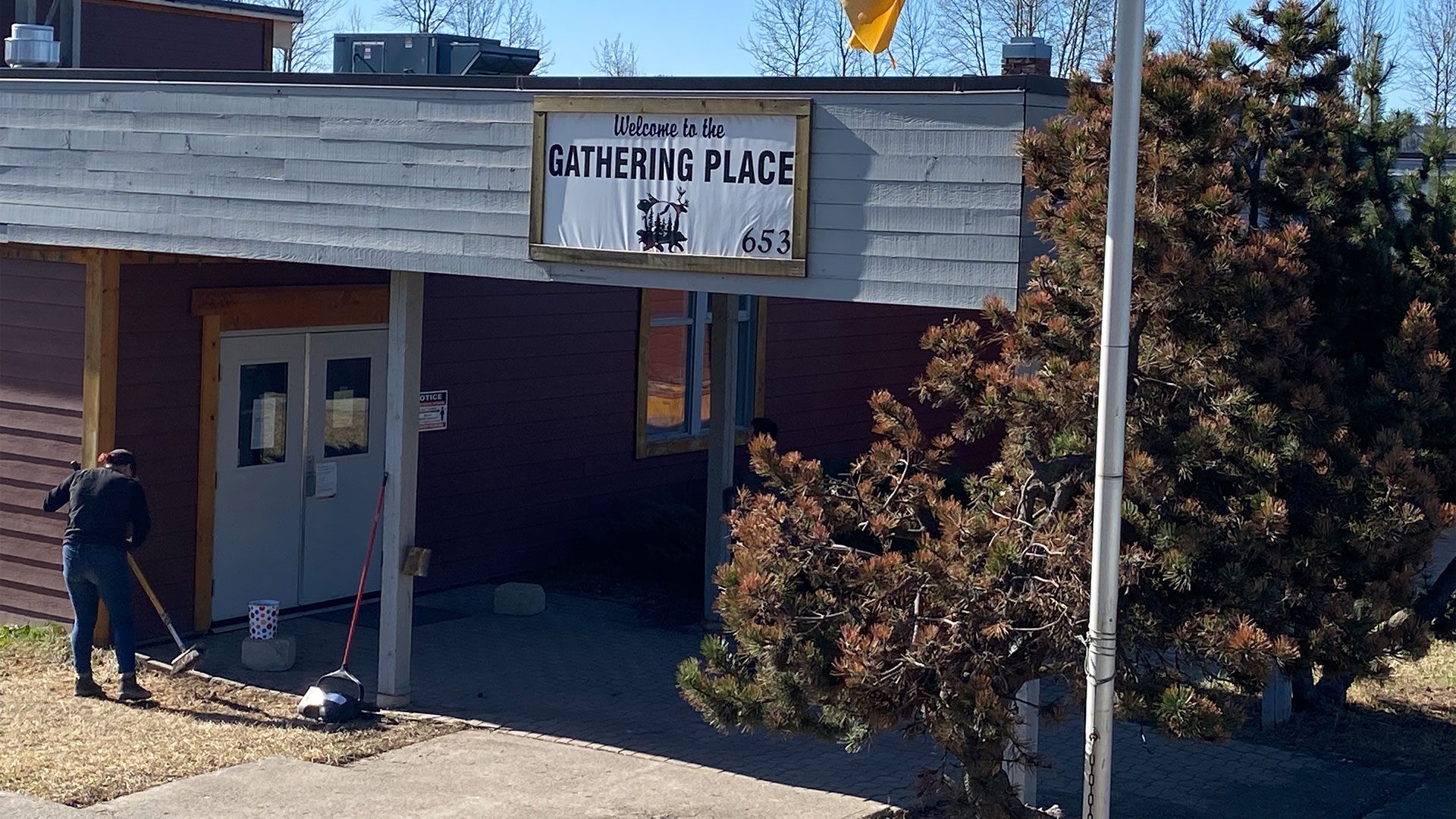
More than 200,000 children were forced into day schools and approximately 150,000 were taken from their families and boarded at residential schools. Survivors say they suffered loss of identity, culture and experienced emotional, physical and sexual abuse.
Perry told tribunal member Colleen Harrington two RCMP officers visited him at home in 2013 as part of their investigation and interviewed him for about “24 minutes.” He said he never heard from the Mounties again.
The survivors’ lawyer Karen Bellehumeur said she was still waiting for the audio recording of the interview despite repeated requests. RCMP lawyer Whitney Dunn announced later the recording would be turned over to Bellehumeur.
Perry, who the hearing was told could neither read nor write and spoke mostly the Carrier language, accused A.B. of inflicting physical abuse on him and other children. His sister, Myrtle Perry, acted as an interpreter.
“We were pulled by the hair, hit in the back,” he said, adding A.B. was “rough with us, hitting us with the basketball and other things, (and he) kicked kids.”
Richard said he shared his story with freelance journalist Laura Robinson of Ontario, who visited the community in April 2012. He said Robinson and two day school survivors came to his home and one of them – Cathy Woodgate – wrote down his account.
Woodgate, the lead plaintiff in the survivors’ complaint to the commission, died before the hearing could be held in Burns Lake.
Publication bans
The teacher, who worked at schools in northern B.C. in the 1960s and ‘70s, can only be referred to as A.B. under publication bans granted by the tribunal and Federal Court in 2022.
Richard alleged A.B. chased him home one day, and another time took him to a room in the school where the furnace was and beat him with a leather strap.
Richard noted the noise in the room covered up any screams.
“I told my dad about the abuse,” said the father and grandfather. “He went to the school and he talked to the (priest) and he told him, ‘Why don’t you teach my son such good English so he can learn?’”
Myrtle said Richard eventually left the school.
“He was tortured and abused at Immaculata school,” she told the tribunal.
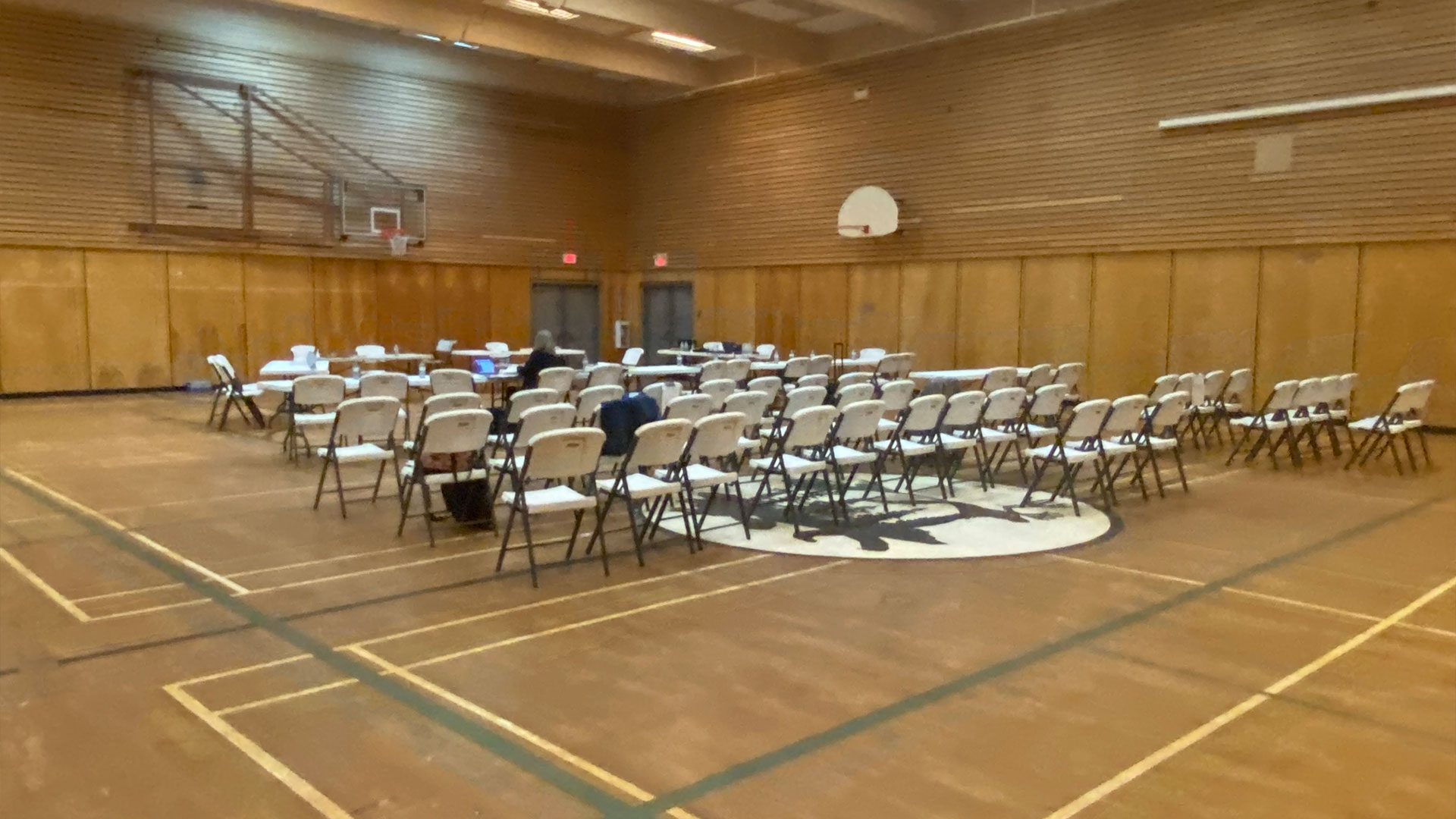
Myrtle said Richard showed their parents and grandparents the cuts on his head and both sides of his hands that formed into scars.
Richard said his family reported the abuse to the RCMP but “nothing happened.”
“I have been asking for an investigation of Immaculata and A.B. for a long time,” he noted.
Jonathan Bujeau, a lawyer for the human rights commission, thanked Richard for sharing his story with the tribunal.
Myrtle said her brother wished the RCMP would change “and start treating Natives properly and, perhaps, in the future we’ll have our own judicial system.”
Witnesses for the RCMP are expected to testify virtually in the remaining eight weeks of the hearing on dates that have yet to be set.




